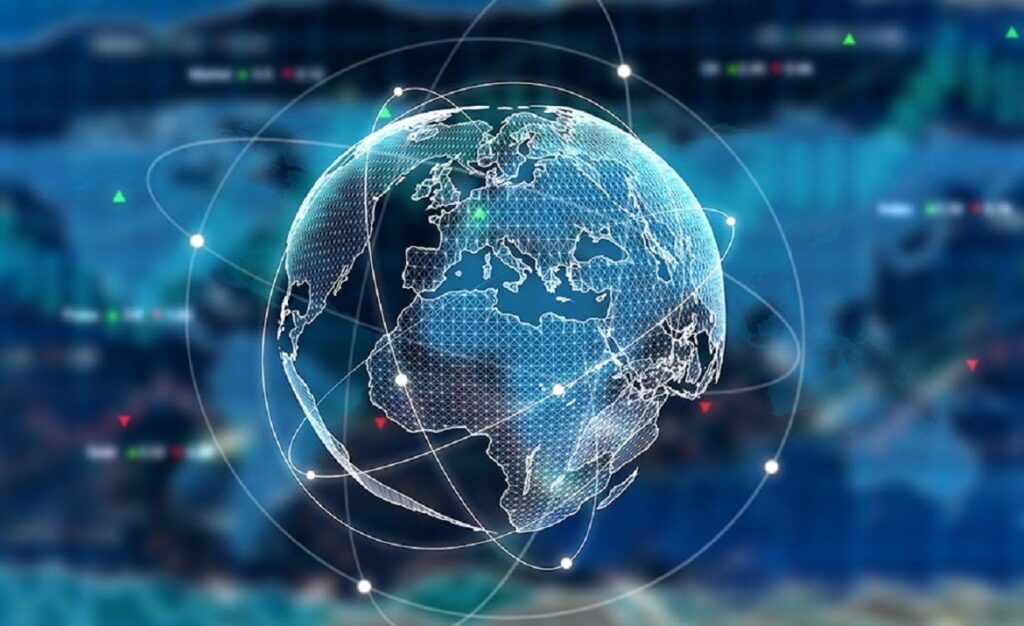The Foundation for International Studies and Geopolitics (Fondazione di Studi Internazionali e Geopolitica) is an Italian moral entity that promotes culture and science as tools for dialogue and peace. Based in Rome, it is chaired by Prof. Giancarlo Elia Valori, Honorary Member of the French Academy of Sciences, and its Steering Committee is composed of eminent personalities in the fields of culture, science, law and international relations.

The Foundation carries out activities aimed at strengthening peace and coexistence among peoples, deepening and spreading knowledge of international issues, promoting the values of the individual and democracy, and a balanced economic and social development.
It conducts research, both nationally and internationally, in the fields of history, sociology, political science, law, economics, international cooperation and integration, and carries out activities in the areas of cultural heritage.
The Foundation for International Studies and Geopolitics pursues, among other things, the promotion and networking of global companies in the field of technological innovation.
More specifically, it supports large-scale projects in all sectors of industry, deepens the research and dissemination of emerging technologies characterized by pervasive, highly mutable innovations, so capable of evolving rapidly, even affecting geopolitical balances, and promotes the linkage of global companies operating in the field of technological innovation.
The Study Lab on Cyberspace and Artificial Intelligence
Within the framework of the above activities, the Foundation for International Studies and Geopolitics, has established a laboratory for studies and research of high scientific content on the topic of Cyberspace and Artificial Intelligence, two innovations that are revolutionizing the patterns of human life and changing the world’s geopolitical scenarios. Topics, among others, extensively covered in the books of the President of the Foundation, Prof. Valori, including the latest “Global Geopolitical Scenarios Between New Planetary Order and Artificial Intelligence, editor Rubbettino, 2024“.
The Honorary President of the newly created Laboratory on Cyberspace and Artificial Intelligence is Senator LAMBERTO DINI, former Prime Minister and Minister of Foreign Affairs of Italy, while the Scientific Committee includes scientists, researchers and university professors among the most qualified in Italy and in the world, including
Prof. BRUNO BOTTA, Rector of UniTelma Sapienza, Telematic University of Rome;
Prof. Avv. OLIVIERO DILIBERTO, Dean of the Faculty of Law of La Sapienza University of Rome;
Prof. Avv. ANDREA DI PORTO, Full Professor of Roman Law Faculty of Law La Sapienza University of Rome;
Prof. Dr. KLAUS MAINZER, Professor Emeritus of Philosophy and Philosophy of Science, Technical University of Munich;
Prof. PAOLO SAVONA, Professor Emeritus of Economic Policy. President of CONSOB;
Prof. GIANCARLO SUSINNO, Professor Emeritus of Physics, University of Calabria;
Prof. LUCIA VOTANO, Research Director Emerita I.N.F.N.
The main topics to be studied, researched and disseminated by the Laboratory are the following
I – Artificial Intelligence and Ethics (The Nature of Robotics; Between Myths and Religions: Dangers and Realities; AI between War and Self-Consciousness; The Concept of the Cyborg; Towards Transhumanism?; Cyberspace and Information. Threats to Intelligence, Business and Personal Data; Quantum Computing and Quantum Computers).
II – Artificial Intelligence and Cyberspace in the United States of America (AI Enhances the Potential of the Armed Forces; Network Security and Movement Capabilities in Cyberspace; External Factor Detection Systems; Flexible Data Communication and Sharing; Naval Units and Marines: Ecosystems of Military Research and Development; The Department of Defense and “Integrated Deterrence”; Computing Power and Strategic Goals).
III – Artificial Intelligence and Cyberspace in the People’s Republic of China (CyberOne. China’s first humanoid bionic robot is Chinese; The development of artificial intelligence in the People’s Republic of China from its origins to the 1980s; From the 1980s to the 2000s; Events in the early 2000s; International recognition and concrete achievements; Scientists, experts, graduates and publications; Agriculture, human-machine play, expert systems, deep learning, big data; From international conferences to AI risks felt by the Chinese; Ten points to develop on Chinese AI; Advantages and development conditions on Chinese AI design; Progress and projects in Chinese AI; Talent discovery, expert creation, and comparison with the United States of America; State investment and attention in AI production).
Related Post
Listen to the article: By Giancarlo Elia Valori KEY POINTS 1. Chinese Response to U.S. Tariffs – Lin Jian, a representative of the Chinese Foreign Ministry, asserted that American citizens are unlikely to support President Trump’s tariff policies, which he…







